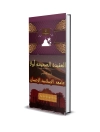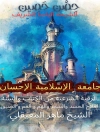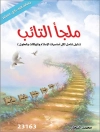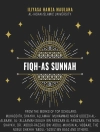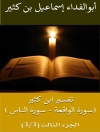What are the future perspectives for Jews and Jewish networks in contemporary Europe? Is there a new quality of relations between Jews and non-Jews, despite or precisely because of the Holocaust trauma? How is the memory of the extermination of 6 million European Jews reflected in memorial events and literature, film, drama, and visual arts media? To what degree do European Jews feel as integrated people, as Europeans per see, and as safe citizens? An interdisciplinary team of historians, cultural anthropologists, sociologists, and literary theorists answers these questions for Poland, Hungary, the Czech Republic, Slovakia, and Germany. They show that the Holocaust has become an enduring topic in public among Jews and non-Jews. However, Jews in Europe work self-confidently on their future on the ’old continent, ’ new alliances, and in cooperation with a broad network of civil forces. Non-Jewish interest in Jewish history and the present has significantly increased over decades, and networks combatting anti-Semitism have strengthened.
Om författaren
Marcela Menachem Zoufalá, Karls-Universität Prag, Tschechien;
Olaf Glöckner, MMZ Potsdam.


